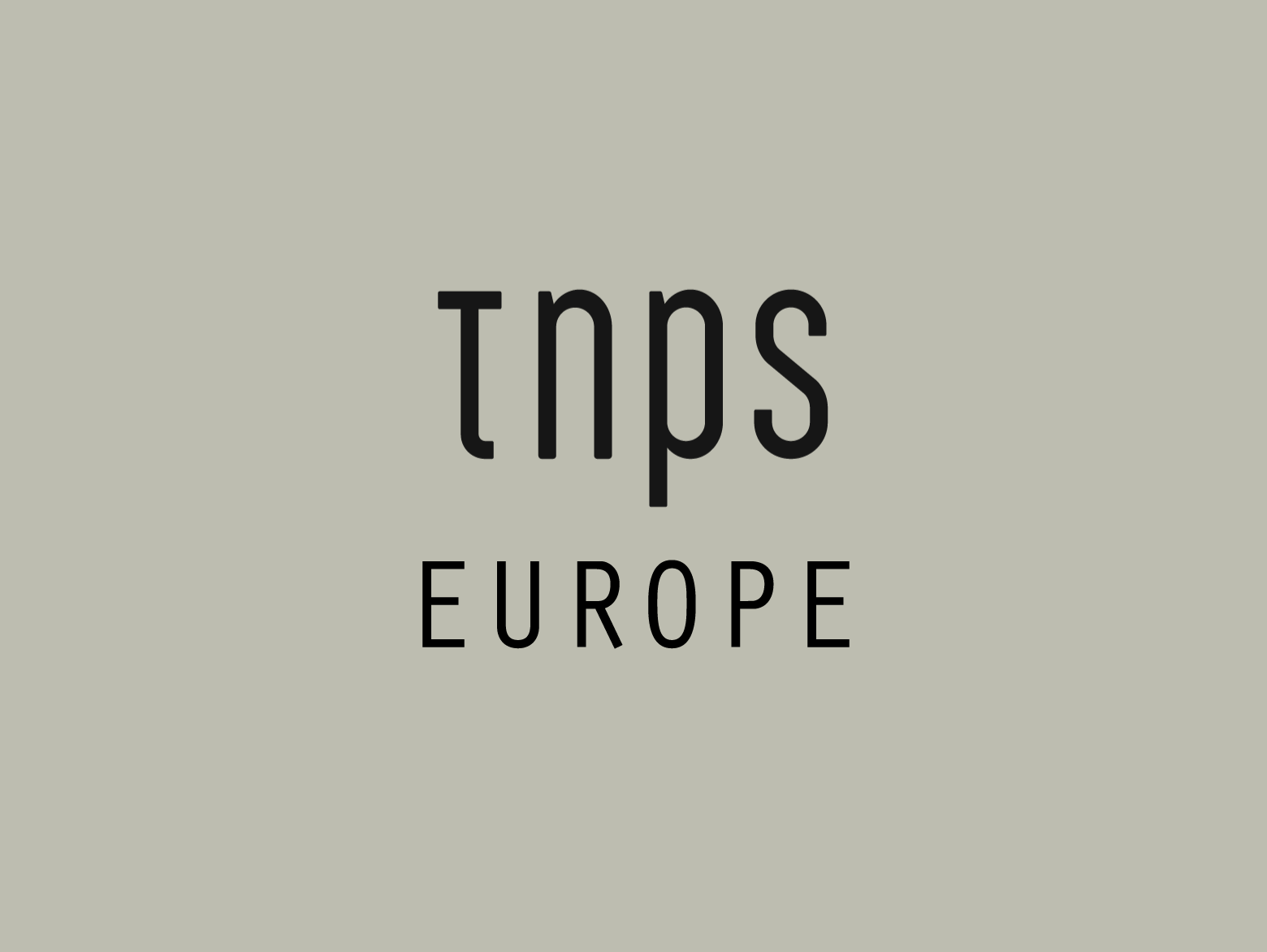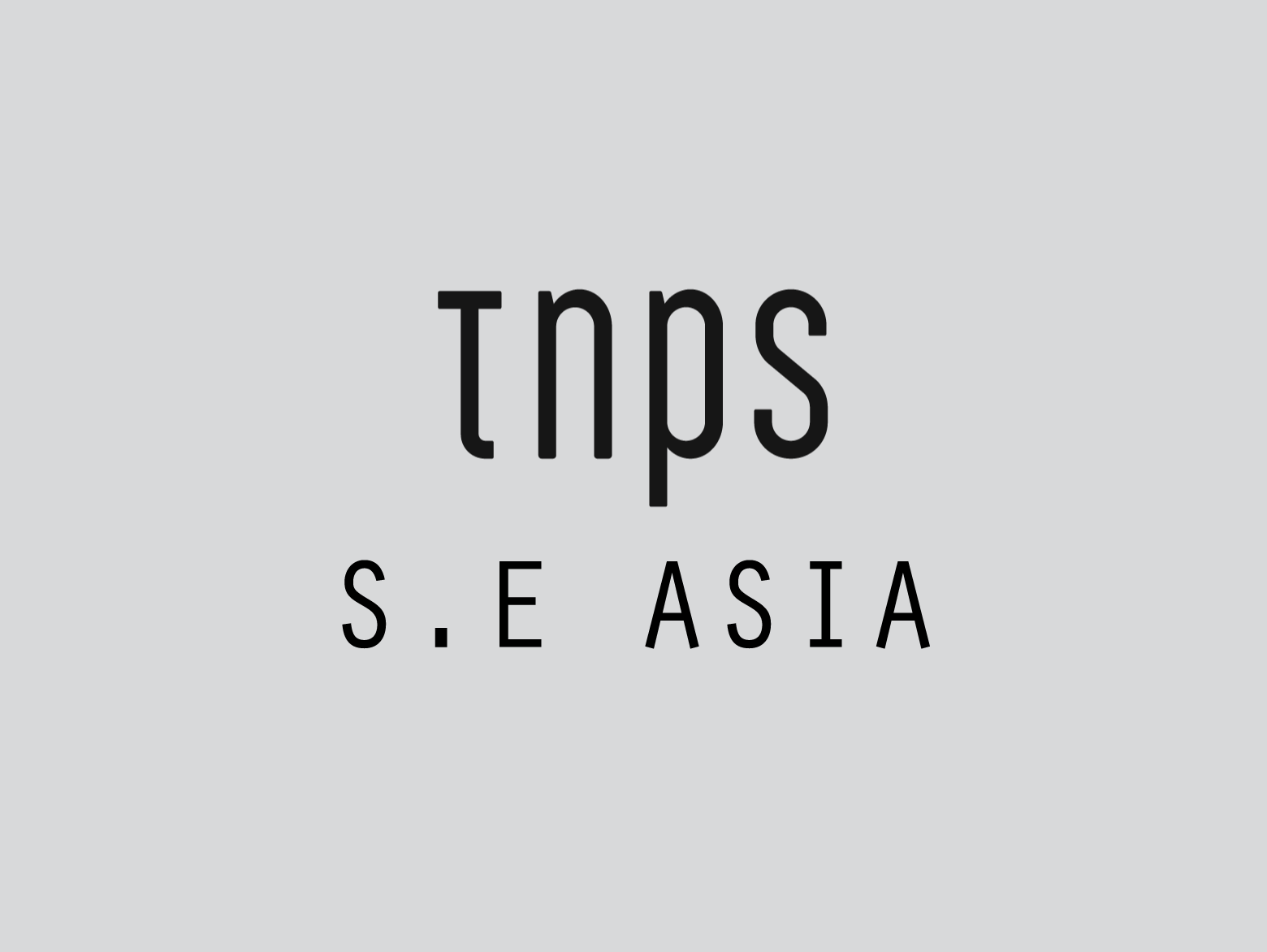With an unspecified number of “hundreds” of backlist titles being put into Amazon’s Kindle Unlimited UK and Kindle Unlimited Australia subscription service, HarperCollins UK breaks ranks with the other Big 5 publishers, leaving the unanswered question, what next?
There are two intertwined issues here, that this experiment by HarperCollins brings to a head.
First we have a Big 5 publisher taking the idea of subscription seriously. Big Pub has largely argued subscription is a bad idea, for the established markets at least, with subscription devaluing the perceived worth of the book and likely to cannibalise regular sales across formats.
That said, HarperCollins is no stranger to subscription, having had titles in Scribd and Bookbeat long since. But despite reaching one million subscribers earlier this year –
(50% in the US) Scribd does not have the same brand recognition and reader-magnetism as Kindle Unlimited. Putting titles into Kindle Unlimited is a big step.
Secondly, this is Amazon, for publishers the epitome of the word frenemy. Can’t live with, can’t live without. And it is this frenemetic relationship being tested to its limits that makes this experiment by HarperCollins so fascinating.
For several years now big publishers like HarperCollins have been raising ebook prices to dampen digital sales, because Amazon has such a stranglehold over the ebook market.
Now we have HarperCollins strengthening the consumer appeal of Amazon’s subscription service by loading “hundreds” of backlist titles that readers will be able to binge on for only £7.99 a month.
With big-name authors like Cecelia Ahern, Bernard Cornwell and David Walliams the idea is Kindle Unlimited will act as a discovery vehicle leading to regular sales of front-list titles from those authors.
A HarperCollins spokesman told The Bookseller,
We are testing participation with Kindle Unlimited in the UK with a limited number of our e-books to understand how readers use the service and to ensure we are exploring all possible avenues for our authors. We believe there is opportunity to drive sales through Kindle Unlimited and a la carte sales by allowing readers as much choice as possible in how they access content.
The terms for HarperCollins’ engagement with Kindle Unlimited have not been disclosed, but it seems likely it will be the standard KEP ebook royalty rate per download, which could prove very lucrative for the publisher. It goes without saying readers are going to download more titles if they are paying once and can read as much as they like for the next thirty days.
That’s not a sustainable model across the board for Amazon, but taking a hit on a few Big Pub titles will be worth it to get more consumers signing up to the service.
Similarly Apub authors and selected indies are given preferential terms for Kindle Unlimited downloads.
But by volume the vast bulk of the Kindle Unlimited catalogue is made up of self-published titles uploaded via KDP with a condition of exclusivity.
These authors get paid by the number of pages read, from a share of a “pot” comprised of part of the subscription fees, the value of which is only announced by Amazon after the event.
Back in July 2014 that pot was worth $2.5 million. The most recent pot announced for August 2019 (the September pot will be declared mid-October) was $25.8 million.
Over the past twelve months Amazon has paid out $291.3 million to KDP authors using Kindle Unlimited, so no surprise bigger publishers like HarperCollins are wanting some of the action.
That $291.3 million of course is just part of the ebook revenue going to self-publishers each year, untracked by Nielsen and conveniently ignored by those in the industry who prefer to push the faux narrative that ebooks are yesterday’s format.
Whether HarperCollins will share the results of their experiment with Kindle Unlimited remains to be seen, but my guess is that in pure financial terms this is going to be a boon for HarperCollins. Not least because Amazon has a vested interest in the company and the titles doing well. Big-name authors have consumer appeal and attracting more big-name titles into the subscription service can only benefit Amazon.
But of course any publisher’s business decisions need to be made on more than just short term revenue boosts like this. And because this is Amazon the frenemy issues will loom large in any long term decisions made.
Publishers, agents and authors alike will be watching closely to see how this pans out.
And waiting in the wings will be subscription services like Storytel which have yet to venture into the western Anglophone markets, mainly because publishers are wary of the subscription model, as Bookbeat found when it tried to crash the UK market.
If HarperCollins finds the benefits of Kindle Unlimited to be proven and other publishers sit up and take notice it would be short leap of faith to start talking with Jonas Tellander about a Storytel UK launch.
For publishers the advantages would be clear, once they overcome their understandable but unjustified worries about the model itself.
Having a rival subscription service of Storytel’s stature to counterbalance Amazon’s market dominance in both the ebook and audiobook sectors could prove a game-changer.
The engagement by HarperCollins with Kindle Unlimited could be the first step in that direction.





Trackbacks/Pingbacks